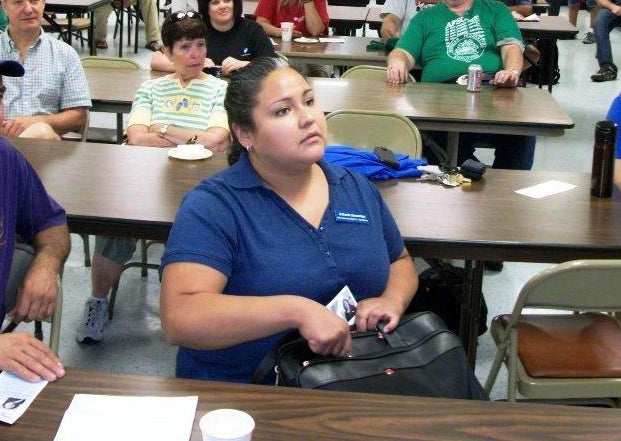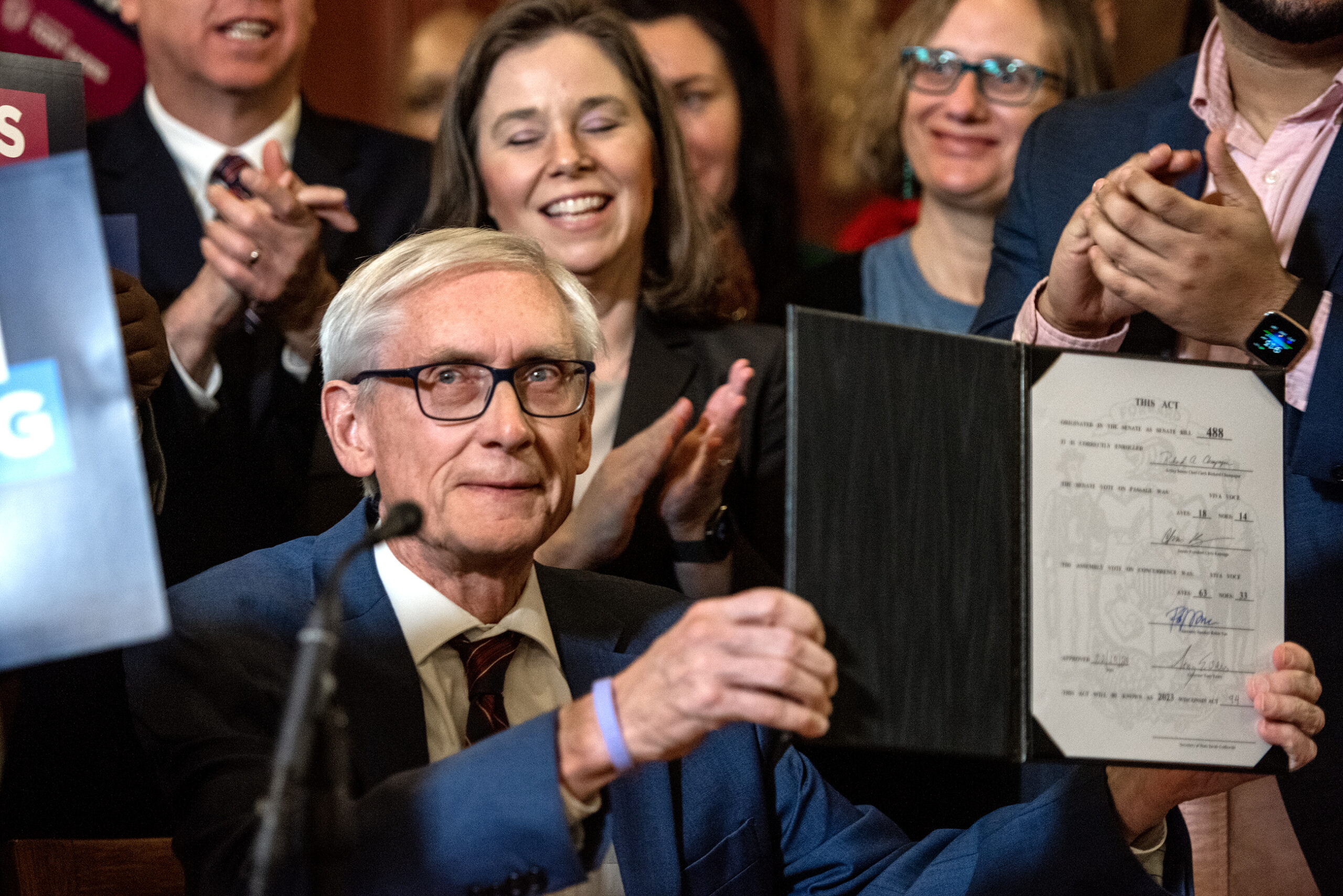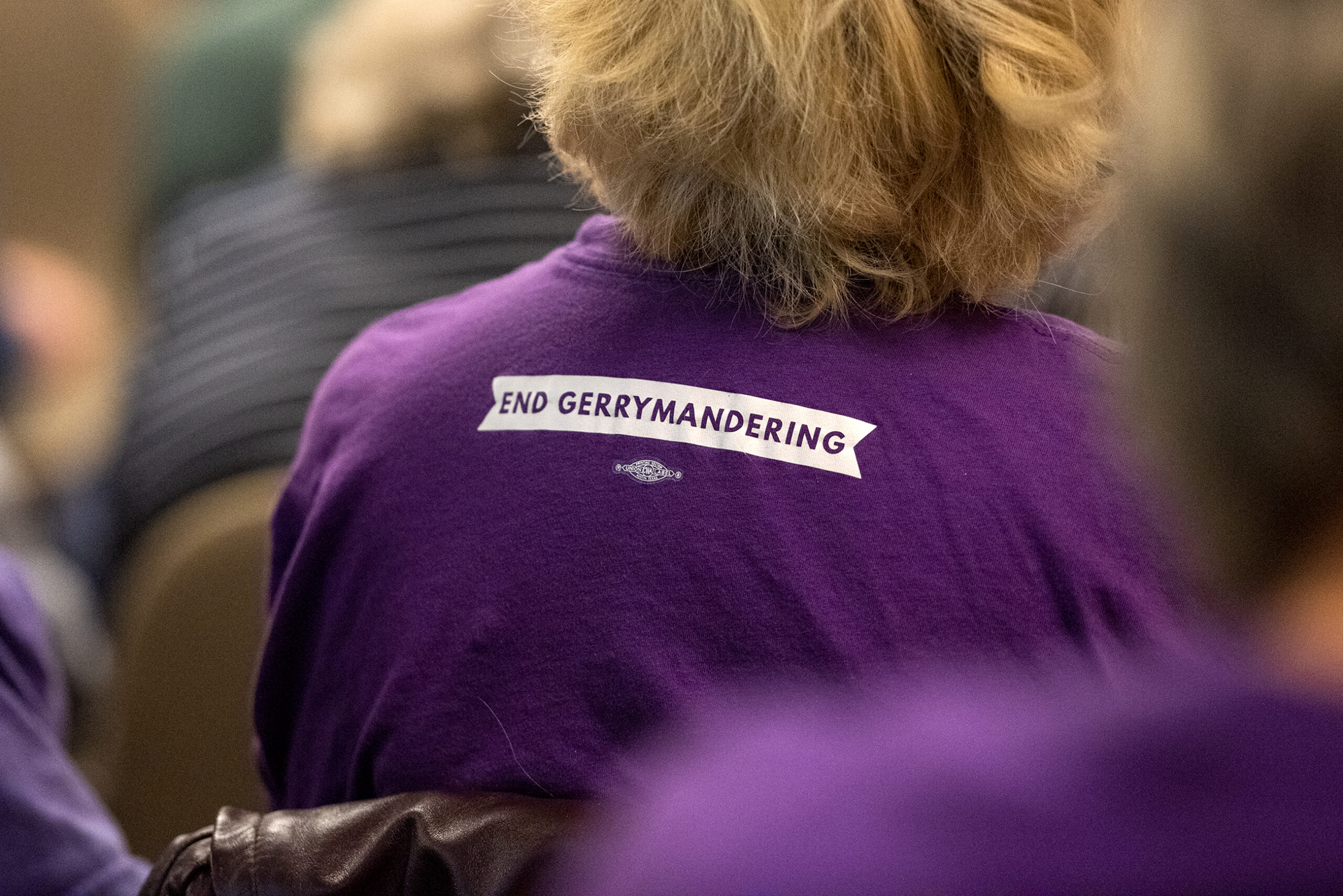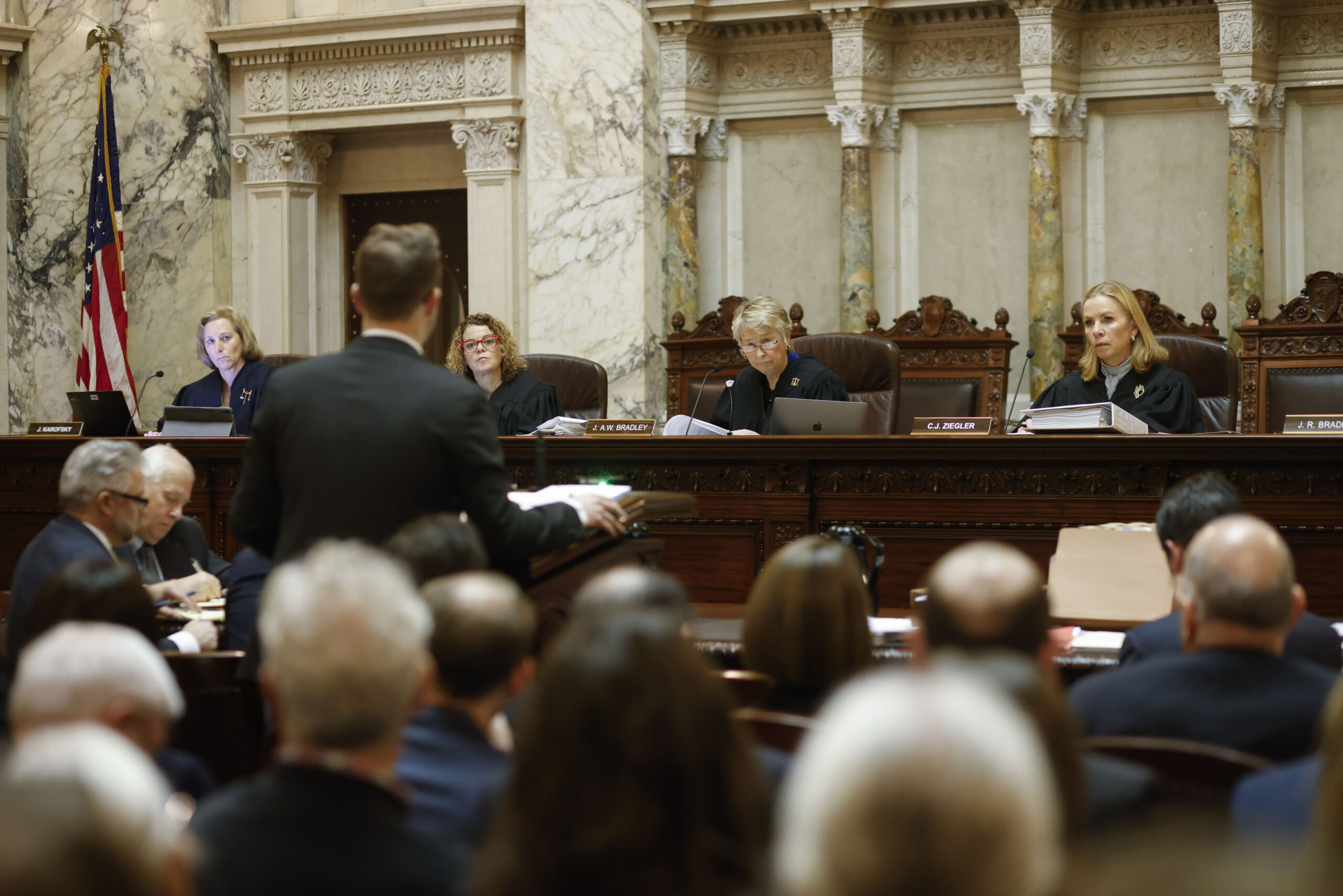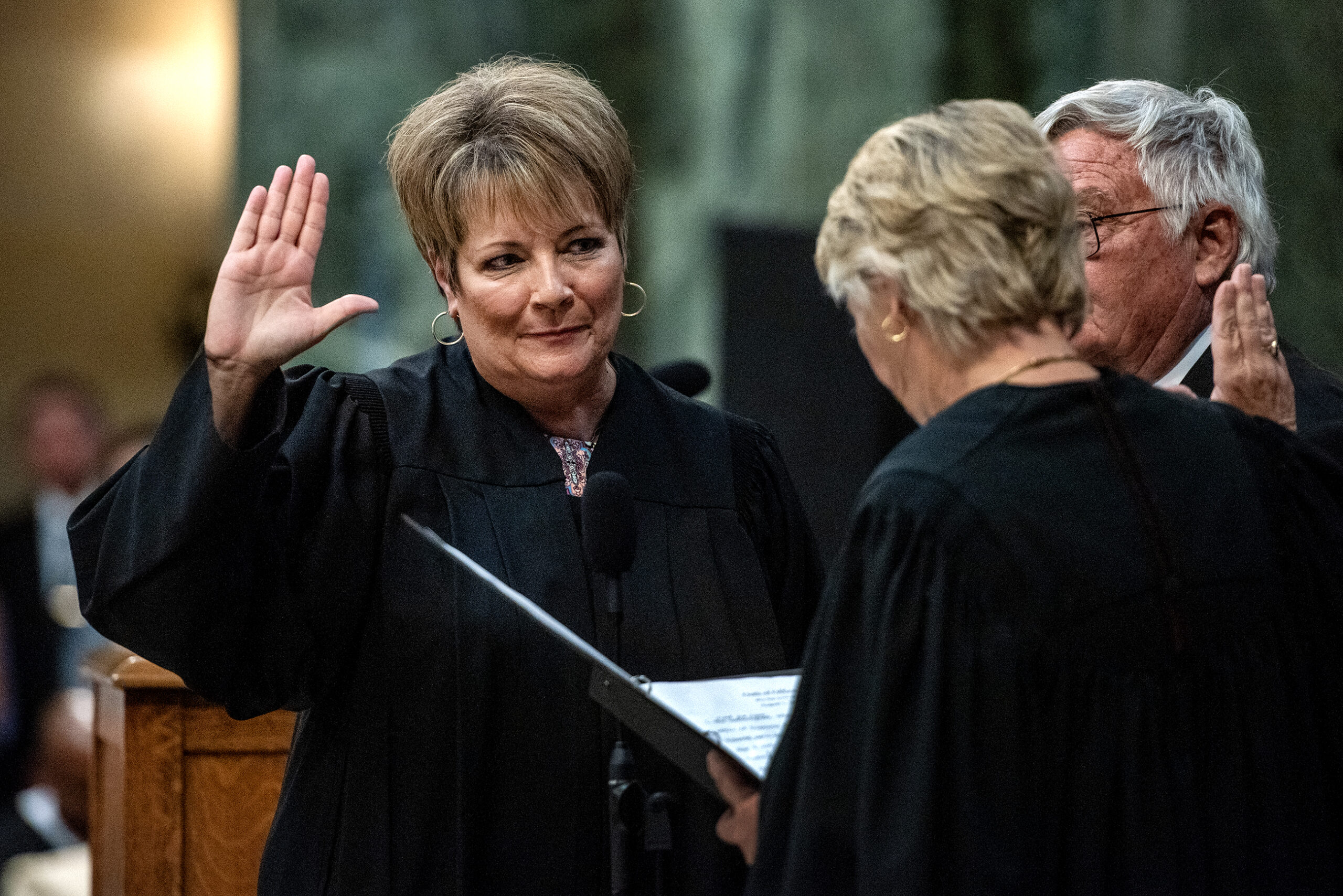The liberal group Common Cause has issued a list of 60 legislative and statewide candidates in the upcoming November election who support changing the way Wisconsin draws electoral districts in the future.
Almost all the candidates in support of redistricting reform are Democratic and fewer than half of them are incumbents.
Jay Heck, executive director for Common Cause, said that the current system of letting lawmakers draw their own district boundaries lets them choose voters, instead of the other way around. The group has been pushing for a change, and is trying to make it an election issue after a bill on redistricting reform failed to get traction during the last session of the Legislature.
Stay informed on the latest news
Sign up for WPR’s email newsletter.
“We like the way Iowa did it. Iowa has a nonpartisan entity that draws the district and congressional lines for both the Legislature and Congress. They have competitive elections there,” said Heck.
Currently, most state legislatures draw the borders of electoral districts themselves, and elected officials who benefit from the boundaries are often reluctant to support change. Mordecai Lee, a professor of governmental affairs at the University of Wisconsin-Milwaukee, likened it to home team advantage.
“Wouldn’t it be great if for every home game, the Packers could change the field to their advantage?” said Lee. “We’d love that. But what about when they have an away game? We’d be very unhappy if the home team got to change the field.”
Most voters, however, seem to be focused on issues besides redistricting reform, according to UW-Madison political science professor David Canona.
“This is a perennial problem for reformers who are trying to put redistricting reform on the agenda: It’s not an issue that most voters seem to care about very much,” said Canona.
He said that’s largely because often the effects of redistricting aren’t immediate.
Common Cause claims that only about 10 percent of the state’s 99 Assembly districts and about half the state Senate districts are competitive.
Wisconsin Public Radio, © Copyright 2024, Board of Regents of the University of Wisconsin System and Wisconsin Educational Communications Board.

